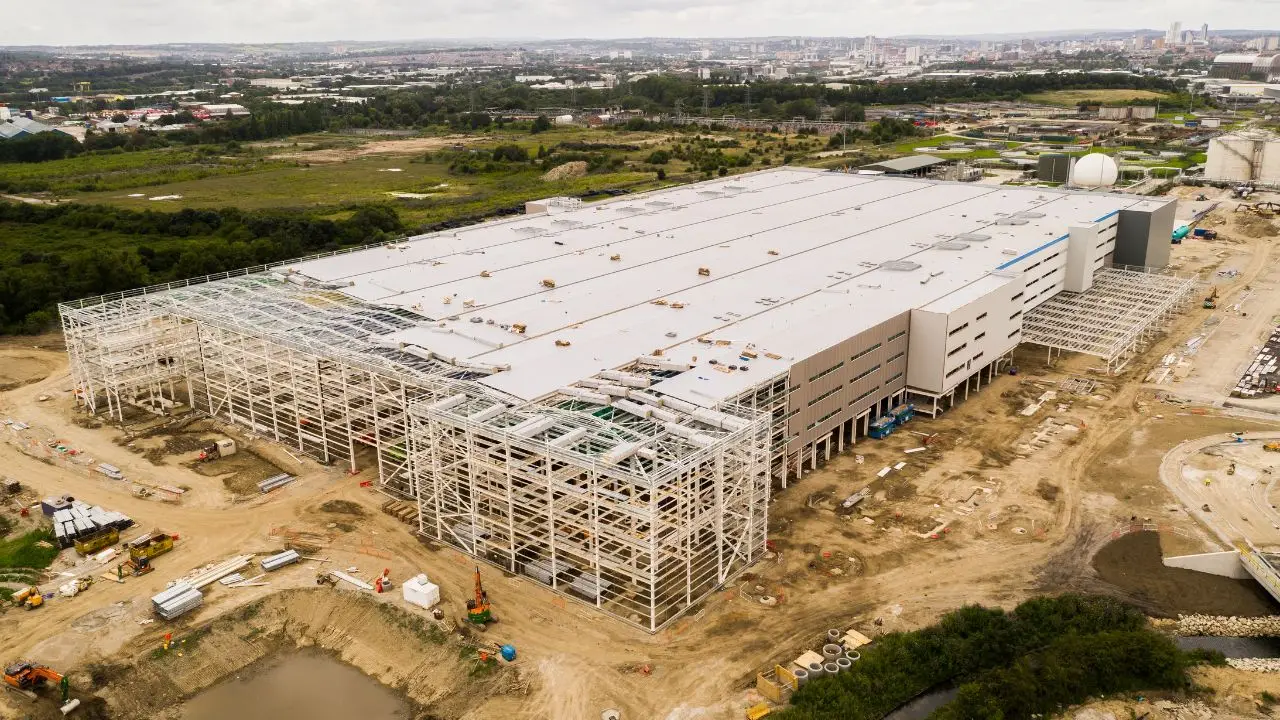How Can Pharmaceuticals Manufacturers Reduce The Risk Of Drug Shortages?
05 Feb, 20203:25Shortages of essential drugs are a huge problem that is becoming more frequent across the pl...

Shortages of essential drugs are a huge problem that is becoming more frequent across the planet affecting every country regardless of economic status. Drugs in short supply include antibiotics, cancer medicines, cardiovascular medicines, anaesthetics, and antipsychotic drugs – which places a strain on our healthcare systems and the people they help. The drug shortage ‘epidemic’ is something we’re facing now, not an issue distant in space and time, meaning manufacturers must address it urgently.
In the face of factors such as disease outbreaks, IT failures, stockpiling of drugs by speculators, and changes in regulation, what are the consequences of drug shortages and what can Manufacturers do to reduce the risk?
Healthcare systems are under stress due to the financial cost of medicines
Drug shortages are incredibly expensive for healthcare systems to manage – due to basic supply and demand principles, the more a drug is needed, the higher the costs increase and not just for the drug itself but also for prescribed alternatives. On top of this, because healthcare professionals are unable to administer the drug needed, patients are subject to longer hospital visits which further increases hospital costs and loads stress onto the medical staff who are already working to the brink of their capacity to care for patients.
Perhaps the most obvious consequence is the risk posed to patient health as a result of non-treatment or medication errors deriving from attempts to prescribe alternative drugs.
This problem is difficult for manufacturers to solve - many of the products in short supply, such as antibiotics, are off-patent products, have complex formulas or require defined shelf life impacting the length of time it can be stored. We’re already seeing examples of how this impacts supply on a global scale - last year Switzerland faced a shortage of 388 medications, reported by the head of Interlaken pharmacy chain which supplies Swiss hospitals and the UK recently banned the export of some manufactured drugs to maintain their own national supply.
What can manufacturers do to address drug shortages?
Addressing the problem of drug storages is by no means an easy task. It’s a complex problem with many factors contributing factors. As a first step, manufacturers should consider:
1. Supply chain management
It’s hugely important to ensure each stage of the manufacturing process is operating at maximum efficiency. Effective management of this through the supply chain can ensure the maximum amount of product is made from the systems already in place. Consider an IT system upgrade to ensure enough data is collected to understand where efficiencies can be improved and where additional support is needed.
2. Hire the right talent at the right time
A small error in the fragile web of supply could wreak havoc and many of these errors come in the form of human mistakes. For example, in 2018 a Chinese pharmaceuticals manufacturer was suspended from providing products to the EU due to contamination of Valsatran, an antihypertensive drug and massive implications arose from what was, essentially, one person’s oversight in the manufacturing process.
Although human error can’t be completely avoided, it’s the manufacturer’s responsibility to mitigate these risks, which in the end, lies with the correct people being responsible for each stage of the production process. Its people who make the operation run smoothly and without error and Manufacturing companies must ensure that the staff they hire are of the highest quality.
Hiring the right personnel is not a simple task
There are many variables that contribute to the smooth operating of attracting and keeping your workforce but the main barrier can be limited budgets. Companies who develop and manufacture drugs often invest their resources into the science of drug development and manufacturing – which doesn’t always leave a lot left over for bringing new people into the organisation or creating new jobs to enhance the current operation.
Although drug development and manufacturing is extremely important, bringing in the right project staff also has a significant impact on the success of the company - especially in small biotech start-ups, where the bulk of the work is carried out by the founders and a lean team of specialists in their network.
It’s also important to consider that, generally, the best people for a given role aren’t always looking for new positions – the passive candidate pool are usually already working on projects and are unlikely to respond to a job advertisement alone. Time and resource must be spent on searching for these specialist candidates and bringing them on board.
Global drug shortages likely to continue unless drastic action is taken by the entirety of the Life Sciences sector
Manufacturers are not responsible for addressing the problem of drug shortages alone – this is a concern for all countries and a coordinated approach is needed across the entire Life Science sector to reduce the risk of medicine shortage on public health. Manufacturers must take care of their part in the chain, and with increased efficiencies and the proper staff in place, they can begin to make a positive impact.
NES Global Talent & Life Sciences Careers
NES Global Talent has been supporting the Life Science Industry for over 20 years, sourcing personnel for engineering, scientific and commercial roles across the market. If you have a staffing need our discipline specific life science consultants will support you by providing the experts you need to navigate and combat the realm of global drug shortages.
If you’re a scientist or life sciences professional looking to grow your capabilities in the medical device industry, submit your CV today to take the next steps in your career or browse our Life Science jobs.









